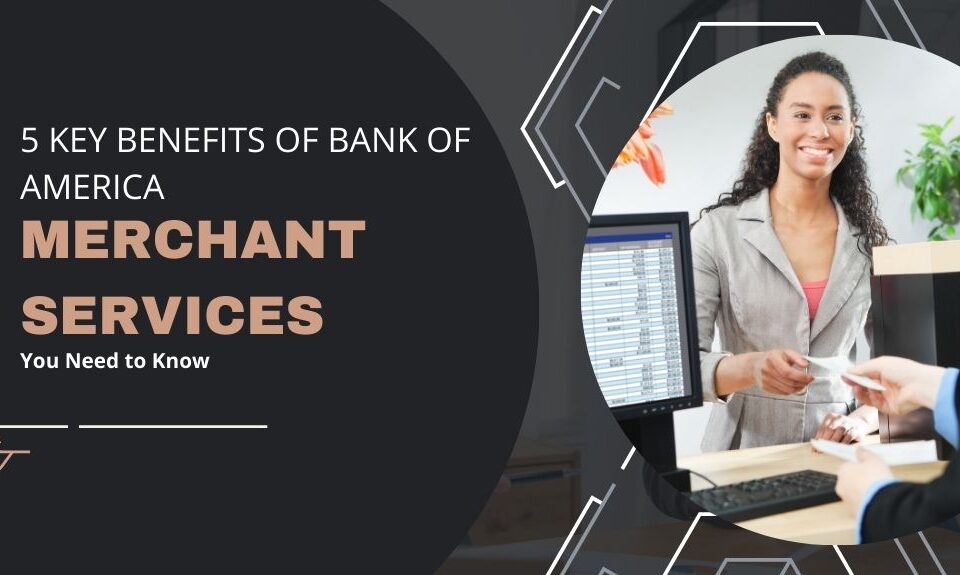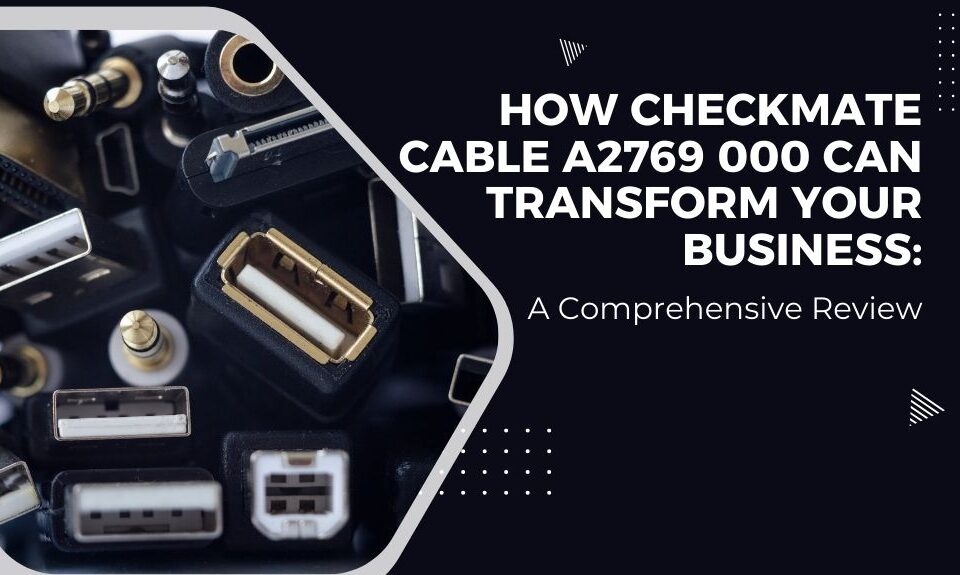Pros and Cons of a Dedicated BIN: How it Affects My Merchant Portfolio
How Integrated POS and Infrastructure Increases Acquirer Valuations
July 28, 202211 Steps To Sell Your Business
October 5, 2022Merchants have had to rely on bank reports organized around the Bank Identification Number (BIN) because they were unaware of payment analytics. To understand how BINs affect your merchant portfolio and why they are important, you must first understand what they are.
That’s why in this article, we’ll discuss what BINs are, their benefits and drawbacks, and whether your business needs one or not.
What Does BIN Mean?
BIN stands for bank identification number, and it is a set of numbers that are usually normally attached to Visa transactions. It also acts as an account number with Visa. Other payment processors, such as MasterCard, may have their own similar systems. To build on the MasterCard example, they have their own specialized set of numbers called Interbank Card Association (ICA) for MasterCard transactions. To properly manage all transactions, an ISO would need both the BIN and ICA.
Unique BINs can serve as a way for ISOs to be differentiated by merchants from one another. But for the ISO to get this unique BIN, it needs to be issued by a bank. In some cases, however, when the bank provides an ISO with a unique BIN, it retains control over the it in line with the rules of the card association.
Benefits of a Dedicated BIN
There are many benefits that come with having a dedicated BIN. Two of the most significant ones are:
Better pricing
One of the better benefits of having a unique BIN is that it provides ISOs with flexibility in their bank choices, as well as letting them look around for new ones that have better pricing, thanks to their ability to move banks with relative ease. This benefit gives an ISO with a dedicated BIN a significant advantage over one without a dedicated BIN.
Portability
One benefit of an ISO having a dedicated BIN is that they’re able to move the BIN from one bank to another without having to modify or reprogram its systems and equipment. One of the reasons why an ISO may need to change their sponsoring banks is if their bank decides to leave the industry. A unique BIN allows ISOs to move from one bank to another depending on their needs, and not based on the whims of their previous bank.
Cons of a Dedicated BIN
Having a dedicated BIN involves a lot of responsibilities that an ISO might not want to deal with. An ISO is expected to carry on a lot of tasks to keep its BIN risk free and to do this they’ll need a considerable amount of capital to start operations.
Customer service
ISOs with a dedicated BIN are also expected to handle customer service for their merchants. This means that they if they don’t already have these services in place, they’ll have to build them from the ground up. This includes investing in training a customer service department. You’ll need to have this resolved before transactions can be processed.
Merchant fees
Except in very rare cases, ISOs with a dedicated BIN are usually expected to accept the risks of all its merchant’s chargebacks, fines, and unpaid fees. This means that ISOs must monitor risks in every transaction as well as limit risks by underwriting merchants. To do this they would have to hire underwriters to run credit, TMF and OFAC.
How Does a Dedicated BIN Affect Your Portfolio?
It’s not necessary to get a BIN in order to sell your portfolio as a non-risk one. This is because you are not required to move your merchants during a sale. Most buyers looking to buy your portfolio are already no-risk ISOs with the same processor you’re working with. This has the added advantage of letting them easily service your merchants since they already use the same payment processor. All the processor has to do is simply allow them access to your merchant’s files. This means that the buyer gets no real benefits from your dedicated BIN and having a dedicated BIN does not affect the value of your portfolio.
Another myth most people have about the effect of a dedicated BIN is that they’ll be able to move their portfolio. While some dedicated BINs do offer portability, not all of them do. Your ability to move your portfolio will depend on the terms of your contract with your merchant’s service provider.
Do you Need a Dedicated BIN?
Having a dedicated BIN does not mean that your business would be prioritized, nor does it say anything about your sales abilities, the success of your business, or your commitment to a processor.
In the past having a dedicated BIN used to mean that you get additional access to information distributed by a card association if your sponsoring bank granted you that access. However, today Visa makes most information available to all parties. Another thing to remember is that you don’t need to have a dedicated BIN if you’re a registered ISO.
Conclusion
While getting a dedicated BIN may sound like a good idea due to its portability, it’s usually expensive and time-consuming when you consider the responsibilities of handling merchants’ customer service and unpaid fees. However, if you are considering getting a dedicated BIN, ensure that you have the capital and experience to handle the responsibilities. Like with any business operation, it’s a matter of carrying out a cost-benefit analysis.



